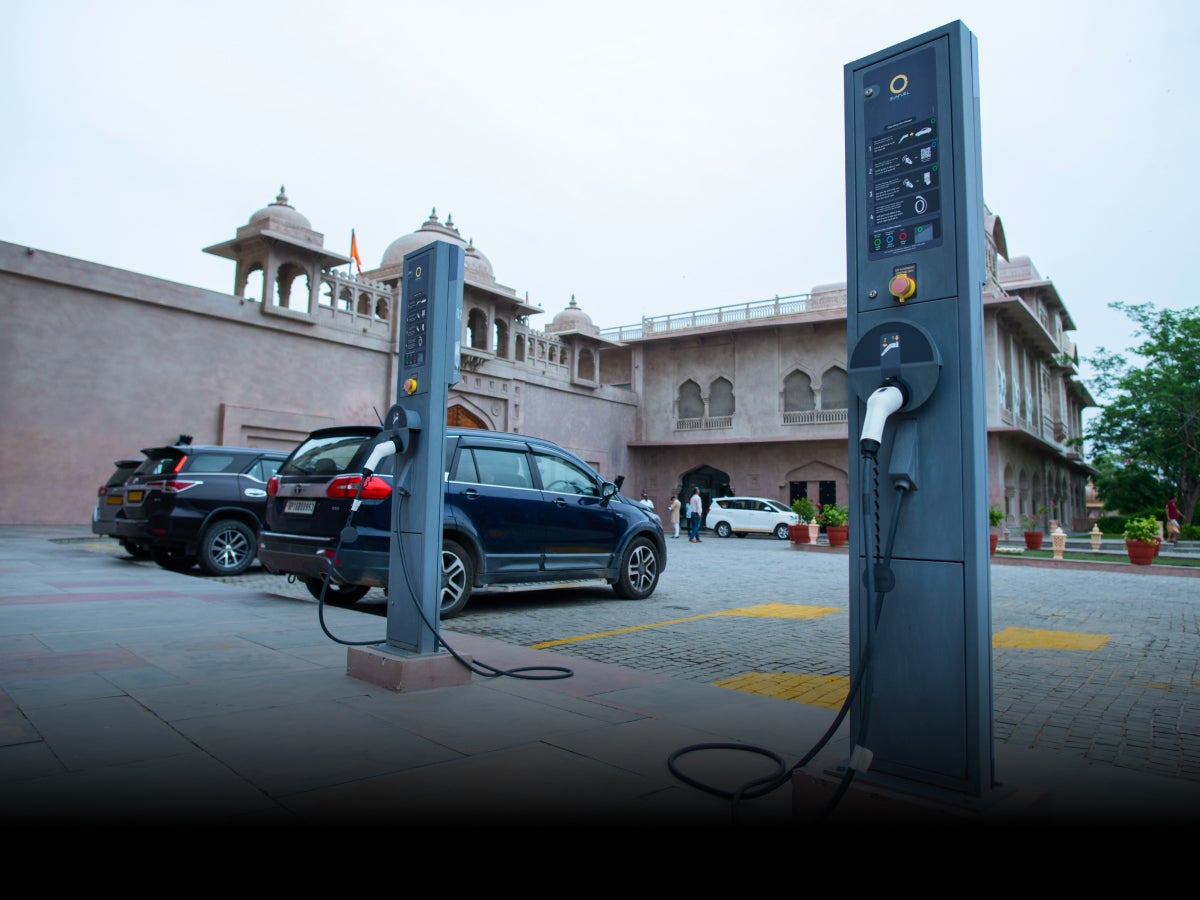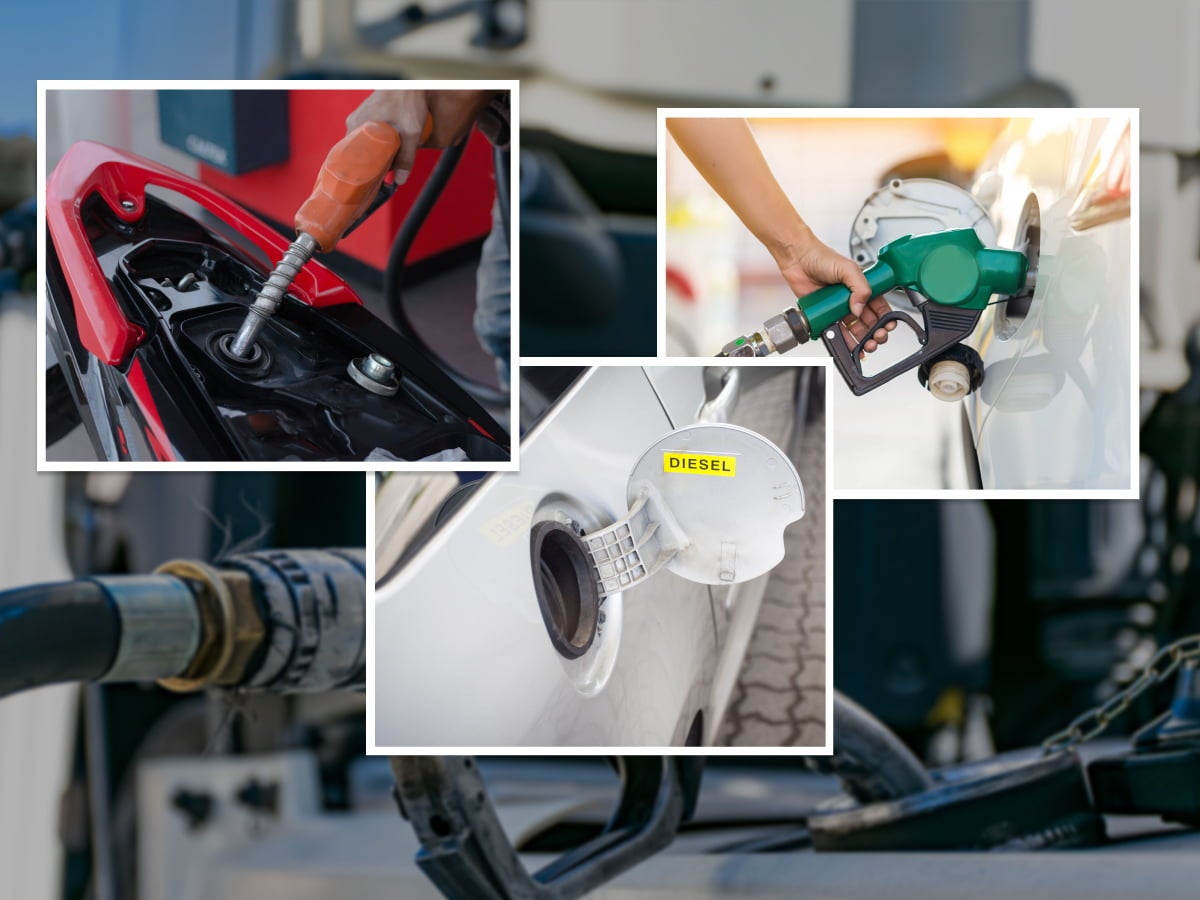

Everything you need to know about green tax in India
- 1Ever-increasing pollution levels need to be curbed in India
- 2The green tax initiative is a step in the right direction
- 3Electric vehicles and hybrids are exempt from green tax
Rising air pollution levels and other environmental concerns are factors that cannot be ignored any longer. While there are many factors influencing emission levels, it is a fact that the vehicles plying on our roads contribute to the rising pollution levels. There isn’t a one-shot solution to curbing pollution, but the introduction of a green tax for vehicles in India has emerged as a promising route to a cleaner and greener future.
At its core, the green tax encourages vehicle owners in India to make eco-friendly choices that will help reduce their carbon footprint, and ensure that their vehicles comply with strict emissions regulations. Another way to look at green tax, which is also known as pollution tax or environmental tax, is a fine that penalises anything that adversely affects the environment.
Given that, are all vehicles subject to green tax? How is the tax calculated, and will vehicle owners be able to skirt it if they purchase electric and hybrid vehicles? In our guide to the ins-and-outs of green tax in India, we will take a look at who it affects and how, and whether the tax itself is liable to make a tangible difference to the future of mobility in India.
What is green tax and what is its importance?
Green tax for vehicles is essentially a taxation policy that has been implemented by the Indian government with the aim of curbing pollution by promoting the use of eco-friendly vehicles. Older vehicles generally tend to pollute more with regards to tailpipe emissions than modern cars, and the green tax discourages keeping very old vehicles in daily use.

The green tax’s immediate objective is to address the environmental challenges associated with vehicular emissions, with an aim to create a future that’s greener and more sustainable. Viewed long term, the green tax could be an important step in reducing vehicular pollution.
The benefits of the green tax are as follows:
- The primary benefit is a reduction in air pollution. By discouraging the use of older, high-emission vehicles, the tax’s objective is to place a greater importance on newer vehicles that pollute considerably less.
- The green tax also aims to shift the focus to manufacturers that place a priority toward sustainable and green vehicles.
- Ideally, the revenue generated by the green tax will go into environment conservation projects like afforestation and sustainable transport initiatives.
- Green tax can also be used to fund public transportation systems. If these are improved, the idea is to incentivise a greater proportion of the population to adopt public transport as their primary means to get around.
- The green tax collections serve as an additional source of income for the government, which can be deployed toward various public welfare programs.
Which vehicles are covered under green tax?
In India, the green tax is applicable to a variety of vehicles, both commercial and personal. It should be noted here that the green tax, however, only applies to diesel and petrol cars and motorcycles. Naturally, if you own an electric car or a CNG vehicle, you are exempt from having to pay this tax. This also includes strong hybrids, plug-in hybrids, hydrogen fuel cell vehicles, LPG, LNG, Ethanol blends, methanol blends, HCNG and the like. It is interesting to note that vehicles like an agricultural tractor, power tiller, combine harvester, and farm equipment are exempted from green tax.
As far as personal vehicles are concerned, green tax is only applicable if the vehicle in question is more than 15 years old. For commercial vehicles, green tax is applicable if the vehicle is more than eight years old.
How can I pay green tax online?
The process to pay green tax online varies depending on the state in which the vehicle is registered. In most states, the process can be completed online via the official Parivahan website. Simply complete the following steps to pay your green tax online:
- Enter your credentials on the main page.
- Enter your vehicle registration information.
- Select ‘Pay Your Tax’ and put in your phone number.
- Complete the OTP verification and select the relevant tax option.
- You will get multiple options to pay your dues.
Once you have completed the payment successfully, you will receive a notification stating that your green tax has been paid.
Green tax for RC renewal
Certain state governments have made it mandatory for vehicle owners to pay green tax to renew the registration of their vehicles. This essentially means that a vehicle owner can’t renew their vehicle’s registration without paying the green tax.
While this may seem like an additional hurdle for vehicle owners to overcome, the upside is that this ensures that vehicle owners think twice before running an old vehicle. Additionally, the revenue generated by the green tax collections gives state governments more flexibility to invest in green initiatives that could help curb air pollution.
State-wise green tax liabilities
The exact amount to be paid as green tax differs based on the state you reside in. That said, the government states that commercial vehicle owners need to pay a green tax at the rate of 10-25% of their road tax liabilities. For private vehicles, that percentage goes up to 50% of their road tax liabilities.
The following are the green tax rates for certain states:
Maharashtra green tax rates
| Vehicle Type | Tax |
| Two-wheelers | ₹2,000 |
| Four-wheelers (petrol) | ₹3,000 |
| Four-wheelers (diesel) | ₹3,500 |
Goa green tax rates
| Vehicle Type | Tax |
| Two-wheelers | ₹1,100 |
| Four-wheelers | ₹1,760 |
Tamil Nadu green tax rates
| Vehicle Type | Tax |
| Two-wheelers | ₹500 |
| Four-wheelers | ₹1,000 |
Andhra Pradesh green tax rates
| Vehicle Type | Tax |
| Two-wheelers | ₹250 |
| Four-wheelers | ₹500 |
Telangana green tax rates
| Vehicle Type | Tax |
| Two-wheelers | ₹250 |
| Four-wheelers | ₹500 |
Karnataka green tax rates
| Vehicle Type | Tax |
| Two-wheelers | ₹250 |
| Four-wheelers (petrol) | ₹500 |
| Four-wheelers (diesel) | ₹3,500 |
Dadra and Nagar Haveli green tax rates
| Vehicle Type | Tax |
| Two-wheelers | ₹250 |
| Four-wheelers (petrol) | ₹500 |
| Four-wheelers (diesel) | ₹3,500 |
Uttar Pradesh green tax rates
| Vehicle Type | Tax |
| Two-wheelers | 10% of tax paid during re-registration |
| Four-wheelers | 10% of tax paid during re-registration |
Jharkhand green tax rates
| Vehicle Type | Tax |
| Two-wheelers | 10% of tax paid during re-registration |
| Four-wheelers | 10% of tax paid during re-registration |
Commercial vehicle green tax rates
| Vehicle Type | Tax |
| Six-seater taxis | ₹1,250 |
| Service vehicles | 2.5% of annual tax |
| Contract buses | 2.5% of annual tax |
| Autorickshaws | ₹750 |
| Vehicles with more than 7,500 kg capacity | 10% of annual tax |
| Light goods vehicles | ₹2,500 |
| Tourist buses | 2.5% of annual taxes |
Conclusion
Given that environmental concerns and pollution levels are on the rise, we need to curb our emissions as much as possible. Coming up with sustainable, green solutions for mobility is the only path to the future. With that in mind, the green tax initiative introduced in India in 2015, is a step in the right direction, if not a one-stop solution to our problems.
Thanks to solutions like the green tax, there is an incentive for the buying public to consider a less harmful alternative. As a larger proportion of the population gravitates towards sustainable mobility solutions, our adverse impact on the environment will become easier to mitigate.
Become a part of the official Cars24 auto community; CLUTCH, where we host lively auto discussions, updates, and more.
Frequently Asked Questions
Expand all



























